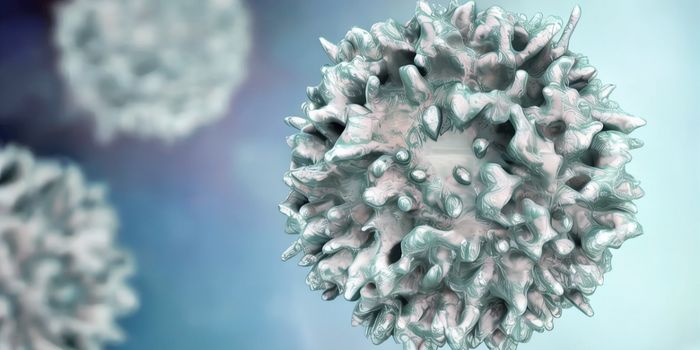By discovering how micro-RNAs, small regulatory molecules in cells, render prostate cancer resistant to radiotherapy, researchers at the University of York in the United Kingdom believe that they can develop more effective prostate cancer treatments. Such treatments would enable the use of lower doses of chemotherapy while being effective and potentially saving the lieves of thousands of men. Prostate cancer, the most commonly diagnosed form of male cancer in the UK, takes the lives of more than 11,000 men every year, according to an article in Drug Discovery News (http://www.dddmag.com/news/2015/07/scientists-discover-why-some-prostate-cancer-tumors-are-radiotherapy-resistant?et_cid=4692171&et_rid=45505806&type=cta).

According to the National Cancer Institute (NCI), prostate cancer is the most common nonskin cancer and the second leading cause of cancer-related death in men in the United States. NCI estimated that, in 2014, 233,000 men would be diagnosed with prostate cancer in the US, and nearly 29,500 men would succumb to the disease. Prostate cancer incidence rates in the United States began to increase dramatically in the late 1980s with the widespread use of the prostate-specific antigen (PSA) test to detect prostate cancer. During the 1990s both incidence and mortality rates for prostate cancer have declined (http://www.cancer.gov/research/progress/snapshots/prostate).
As published in European Urology and the British Journal of Cancer, scientists at the YCR Cancer Research Unit in the Department of Biology at York have established a direct connection between the micro-RNA molecules and radiotherapy resistance. Each cell has micro-RNAs that control the gene expression. They are involved in the organization of various tissues in the body, telling genes when and where to be active. According to the York scientists, micro-RNAs act as the switch that enables cells to react quickly to changes in their environment, such as a dose of chemotherapy.
According to previous research, all prostate cancers have at least four different cell types, including the cancer stem cells that resist most current treatments. When the York researchers looked at the micro-RNAs in each of the cell types individually, they discovered that some micro-RNAs acted in a positive manner, switching off genes which could make the stem cells susceptible to radiotherapy. Other micro-RNAs were not expressed in the resistant stem cells, enabling the expression of resistance genes. If the levels of these micro-RNAs in the clinic can be manipulated in the clinic, it could be possible to kill greater numbers of cancer stem cells, addressing the issue that 30 percent of prostate cancer patients have a recurrence of their tumors after radiotherapy.
As Professor Norman Maitland, of the YCR Cancer Research Unit, summarized, "Doctors don't know which patients are going to relapse - and the reason they relapse is probably because the radiotherapy is not focused on the stem cell; it is focused on the whole tumor. By exploiting this new knowledge, we can make radiotherapy more effective. It could extend the lifetime of these men. It could also allow a lower dose of radiotherapy to be used, and that's really what we are testing at the moment. This will be the bridge to transforming that into a treatment and making radiotherapy better."









